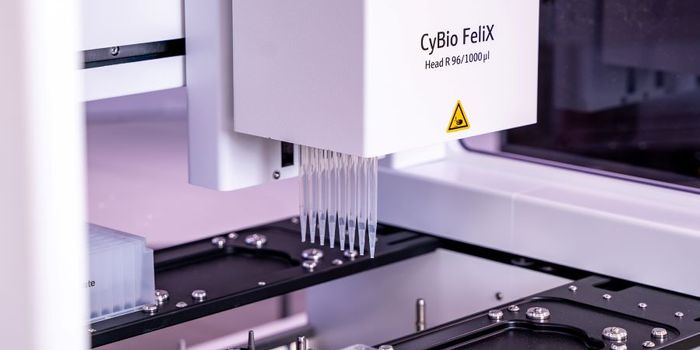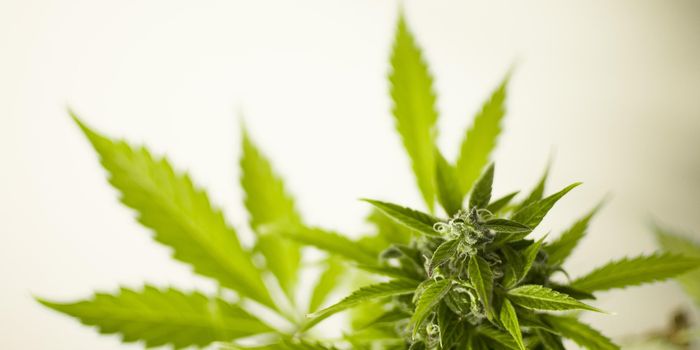Over 40% of Preschoolers Receive ADHD Medications Too Early
A new study found that young children with ADHD often receive medication immediately after diagnosis without undergoing six months of behavioral therapy mandated by clinical guidelines. The study was published in Pediatrics.
"We found that many young children are being prescribed medications very soon after their diagnosis of ADHD is documented. That's concerning, because we know starting ADHD treatment with a behavioral approach is beneficial; it has a big positive effect on the child as well as on the family,” said lead author of the study, Yair Bannett, MD, assistant professor of pediatrics at Stanford University School of Medicine, in a press release.
For the study, researchers analyzed data from 712, 478 children seen in primary care aged between 3 and 5 years old. A total of 1.4% or 9708 received an ADHD diagnosis between the ages of 4 and 5. Of these children, 68.2% were prescribed ADHD medications before age 7 years, and 42.2% were prescribed medications within 30 days of their ADHD-related diagnosis being first documented. Just 14.1% of children with ADHD received medication over six months after diagnosis.
As the study was conducted using electronic medical records, the researchers could not ask physicians why they made the choices they did. From informal conversations with physicians, however, they found that lack of access to behavioral treatment was a prominent factor.
"Doctors tell us, 'We don't have anywhere to send these families for behavioral management training, so, weighing the benefits and risks, we think it's better to give medication than not to offer any treatment at all,” said Bannett.
Barnett added that stimulant medications prescribed for ADHD cause more side effects in young patients than older patients and that their bodies don’t metabolize the drugs. He hopes to educate primary care pediatricians on how to bridge the gap with free or low-cost online resources.
Sources: Science Daily, Pediatrics









